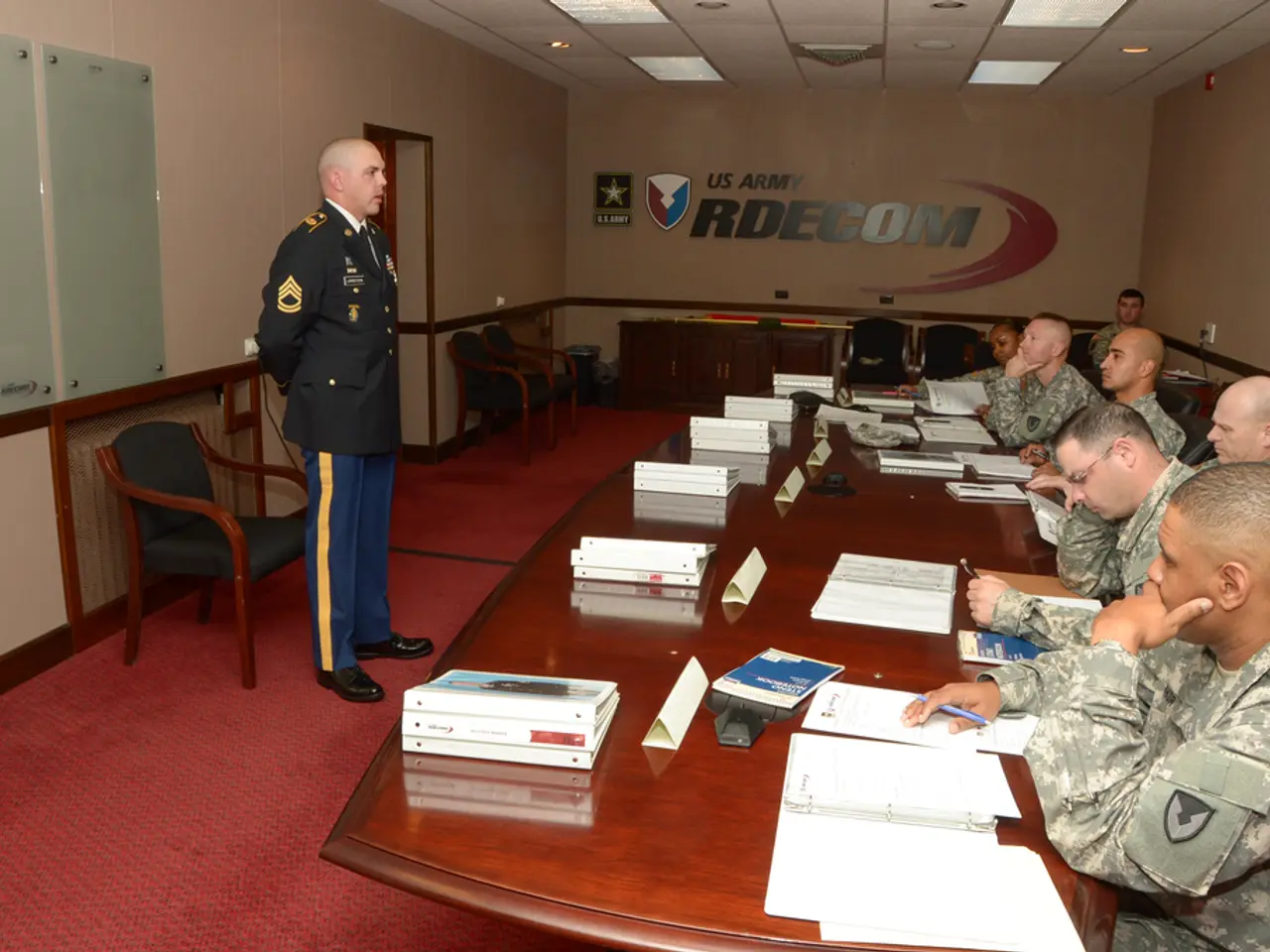Obtain Military Service Histories
Obtaining Military Records: A Comprehensive Guide
Accessing your military records, including the DD Form 214, has never been easier. The National Archives provides a secure and efficient method for veterans, next of kin, and authorized representatives to obtain these documents. Here's a step-by-step guide on how to get started.
Step 1: Access eVetRecs
Navigate to the National Archives' dedicated website for military service records requests. eVetRecs is the preferred platform for submitting requests, offering a secure and electronic process.
Step 2: Complete the Online Request Form
Indicate the specific records you wish to obtain, such as your DD Form 214 and other service records. Fill out the form with accuracy and completeness to ensure a smooth processing of your request.
Step 3: Verify Your Identity
To access records, you'll need to verify your identity via ID.me, a trusted digital identity verification platform. This step is crucial for securing your personal information and complying with privacy regulations.
Step 4: Submit Your Request
Once you've verified your identity, submit your request electronically. This expedites processing and offers an electronic signature option.
Step 5: Track Your Request
After submission, you'll receive a tracking request number. Use this to check the status of your request online.
Important Notes:
- The National Personnel Records Center (NPRC) will process your request. However, not all records are stored at NPRC, and they may forward your request to the proper office if necessary, which can affect processing time.
- If you're calling to inquire about the status of your request, use the NPRC Customer Service Line at 314-801-0800.
- The NPRC mailing address is National Personnel Records Center Military Personnel Records, 1 Archives Drive, St. Louis, MO 63138.
- Requests for military personnel records or information cannot be accepted by email at this time.
Additional Information:
- Records of veterans who separated from the military 62 years ago or more can be ordered by anyone for a copying fee.
- Archival records can be ordered online for a copying fee.
- All requests for records must contain certain basic information, including the veteran's complete name, service number, social security number, branch of service, dates of service, date and place of birth, and additional information if the service number is not known.
- Records become archival and open to the public 62 years after a service member's separation from the military.
- Do not send a follow-up request before 90 days have elapsed, as it may cause further delays.
- The next of kin of a deceased military member can include the surviving spouse, father, mother, son, daughter, sister, or brother.
- If you suspect your records may have been involved in the 1973 fire, include the place of discharge, last unit of assignment, and place of entry into the service.
- Response times from the National Personnel Records Center (NPRC) vary depending on the complexity of the request, the availability of the records, and the workload.
- Users are required to verify their identity through ID.me when submitting requests for records or replacement medals online.
- If you are the next of kin of a deceased veteran, you must provide proof of death of the veteran such as a copy of death certificate, letter from funeral home, or published obituary.
Fees and Access Restrictions
- Military veterans and their next of kin can obtain free copies of DD Form 214 and other military service records if the discharge date is less than 62 years ago.
- There is a fee for records that are considered "Archival" if the discharge date is more than 62 years ago. The fee depends on the discharge date and the size of the Official Military Personnel File (OMPF).
- Records of individuals who left service less than 62 years ago are subject to access restrictions and only limited information may be released to the general public.
You may request military service records (including DD 214) by mail or fax to the National Personnel Records Center (NPRC). All requests must be signed and dated by the veteran or next of kin.
Finally, you can check on the status of your request through the eVetRecs page or by providing your request number and contact information on the Online Status Update Request form.
Politics often intertwines with war-and-conflicts, as military records, such as DD Form 214, can provide insight into a country's military history. General news outlets may cover the process of obtaining military records, particularly highlighting the steps provided by the National Archives, including the use of eVetRecs and ID.me for identity verification. In some cases, politics may influence access restrictions and fees associated with these records, especially for archival records that are more than 62 years old.






